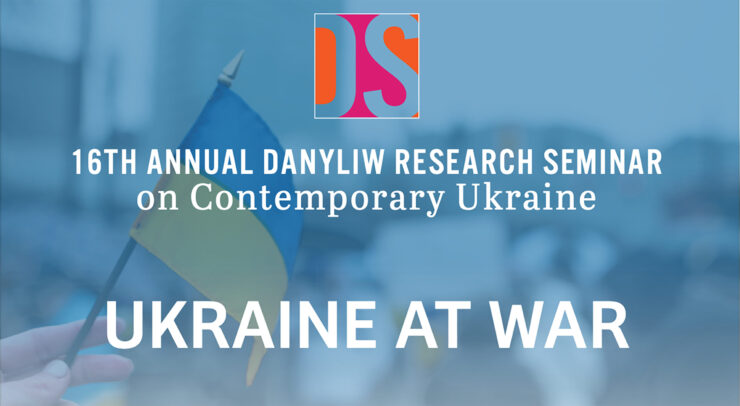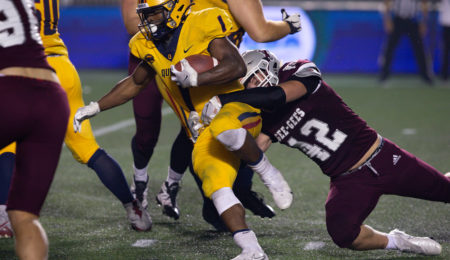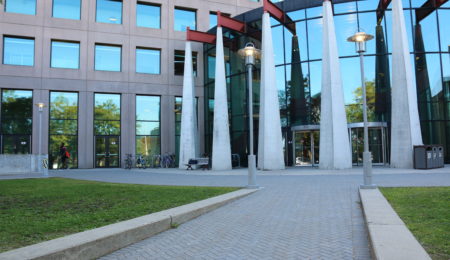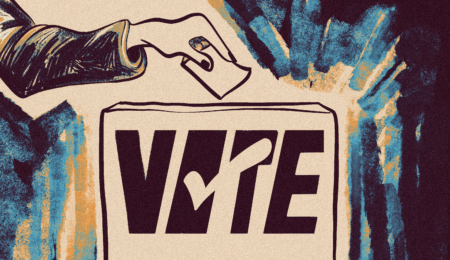Researchers from around the world discussed geopolitics, migration, international crimes as it relates to Ukraine
From Oct. 13-15, the sixteenth annual Danyliw Research Seminar on Contemporary Ukraine was held at the U of O. For the first time since the beginning of the COVID-19 pandemic, over 30 scholars from around the world presented their research on everything from military and civilian cell phone use on the front lines to post-war reconstruction of the Ukrainian economy.
Professor of political science and chair of Ukrainian Studies at U of O, Dominique Arel, has been an integral part of the seminar since partaking in its creation in 2005. At this year’s conference, Arel introduced his upcoming book with Jesse Driscoll, associate professor of political science at the University of California San Diego, titled Ukraine’s Unnamed War: Before the Russian Invasion of 2022.
In the book, the professors analyze events from the 2014 annexation of Crimea up to the Russian invasion of Ukraine, which occured after the book was first sent to the printer. While mainly focusing on events leading up to Russia’s 2022 invasion, Arel said it will include an assertion throughout that “at no point was Russia really in control of the events on the ground.”
Professor Arel elaborated on the effect of the Russian invasion on the topics of the Danyliw Seminar, stating, “The war has put Ukraine literally at the center of world politics since February.”
“The Ukrainian resistance — and we felt that from the beginning — from the civilian and the military, it’s like the Ukrainians have never been so united, East and West, young and old, Russian speaking and Ukrainian speaking,” said Arel.
Due to current events, this year’s conference brought in more academics from wider fields of study, both Ukrainian-born and not.
In a presentation titled An Early Alarm System on Civilian Resistance and Human Rights Abuses, professor Graeme Robertson from the University of North Carolina discussed his project in trying to detect patterns of human rights violations. Robertson was able to discern a spike in social media reports of human rights violations just before the Ukrainian army pushed the Russian army out of a territory.
Anastasiia Komisarenko, events director for the University of Ottawa Ukrainian Students’ Club (OUSC), attended the seminar as both a volunteer and a spectator.
“You have to go in there and expect to engage with the content and do it in a meaningful sort of way,” said Komisarenko when discussing her point of view on the presentations.
Komisarenko attributed the involvement of the OUSC in the Danyliw seminar to “close ties” with Ukrainian chair Dominique Arel. “For us it was just important to give back to someone who really supports our community of Ukrainians at uOttawa.”
Recordings of all presentations can be found at the Danyliw Research Seminar website.





